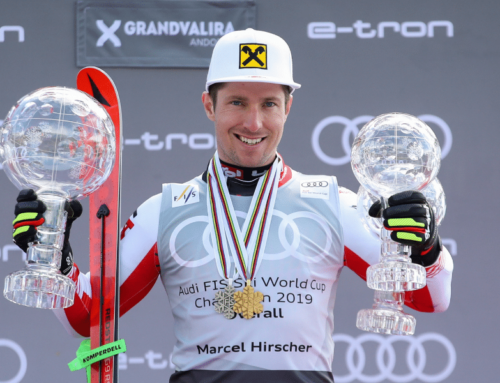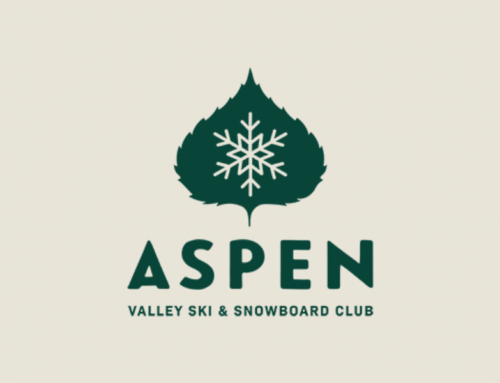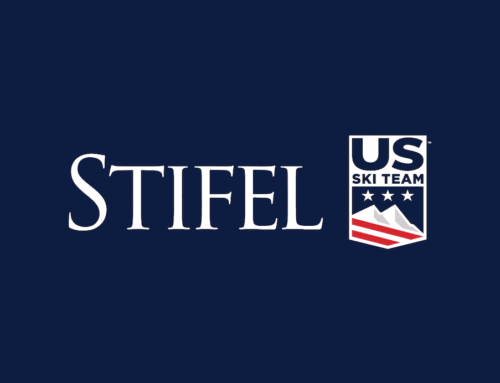Canadian Olympic Bid Initiated by Indigenous Nations
British Columbia, in partnership with four Indigenous Nations, proposes hosting the 2030 Winter Olympics and Paralympics games. In addition, the suggested venue upgrades could have positive future implications for Canadian snowsports.
On June 14, at a ceremony in Whistler, B.C., Canada’s organizing committee unveiled its concept plan for the Olympic bid. It emphatically announced to the world the intentions of the Great White North to be considered as a candidate to host the Winter Games in 2030.

Unique First Nations governments and Olympic partnership
The first step toward 2030 began last December when the Four Host Nations – Líl̓wat (Lilwat), xʷməθkʷəy̓əm (Musqueam), Sḵwx̱wú7mesh Úxwumixw (Squamish) and səlilwətaɬ (Tsleil-Waututh) First Nations – signed a memorandum of understanding with the municipalities of Vancouver and Whistler.
Subsequently, a month later, the Four Host Nations and municipal partners invited the Olympic and Paralympic committees onto their lands to discuss the feasibility of hosting.
Significantly, June marks National Indigenous Peoples Month in Canada. So it’s certainly appropriate that the Four Host Nations chose June to unveil their plan to bid for the Games.
The mandate from the Canadians to host the Games is a “values-led, community-focused, and sustainable” Olympic bid. Approval will require re-using existing or legacy venues from 2010 Vancouver and the Olympics being a climate-positive event.
Throughout the process, the Four Host Nations, which were the same in 2010 Vancouver, will continue to have “governance-level oversight.”
“This is an important step in our consideration of a potential Indigenous-led bid for the Olympic and Paralympic Games,” said Squamish Nation spokesperson Wilson Williams in a press release. “Now it is time to speak to our communities and the Canadian public as we seek feedback on the more detailed proposal.”
The innovative approach to hosting the Games stems from a commitment to Truth and Reconciliation Calls to Action, said Therese Brisson, Alpine Canada’s president and CEO.
“What I think is amazing about this bid is [the Four Host Nations] are not just participating, but leading, so that’s terrific,” said Brisson.
Venue improvements strive to establish a Canadian legacy
The organizing committee targets Vancouver, Richmond, Whistler, and Sun Peaks Mountain Resort for its Olympic event venue locations.
“It’s really exciting news. And I think it is a once-in-a-lifetime chance to step-change ski opportunities in Canada for the next decade and beyond,” said Brisson.
The concept proposal includes improvements to Whistler’s Dave Murray Downhill and Raven Ptarmigan race arenas. The venues would be used for all alpine speed and technical events, including Para alpine.
The long-overdue improvements include enhancements to safety, slope, and spectator experience. However, these changes are causing excitement within Alpine Canada due to potentially significant implications for hosting future international events.
“The upgrading of snow-making capability, which has long since deteriorated, as well as the replacement of the appropriate safety nets, towers, etc. would enable us to host a regular World Cup downhill [and super-G races], for example, in the future,” said Brisson about the Dave Murray Downhill in Whistler.
“This has not been possible for some time, and that’s an equally important part of the legacy of ski racing.”
The proposed plan for 2030 includes two stadiums for the alpine events. The Ptarmigan project would open the door to holding all the Para alpine events at the technical event stadium.
The proposed finish stadium capacities for Dave Murray and Raven Ptarmigan are 4,000 and 3,000, respectively.
Timeline to start on Canada’s Olympic improvements
But before construction begins in Whistler, the International Olympic Committee (IOC) will have to give the nod to B.C. as the Games host.
Tim Gayda, the person responsible for the Games’ master plan, said that if the project moves forward, organizers would prefer to complete improvements earlier rather than later.
“We can complete many of the needed improvements in a summer or possibly two,” Gayda said. “And once we move forward, the goal would be to get this done as early as possible so that the sports can start using the improved venues.”
“We’re not building new courses, but we plan to tune them up in terms of a little needed widening here and there. Probably the biggest project would be building the stadium at the finish of Raven Ptarmigan.”
The plan is to publicly report the estimated capital and operating costs in July.
Canadian Venue selection
The venues for non-alpine skiing include most of the freestyle skiing events, such as ski cross, at Sun Peaks. Sun Peaks has two 2010 legacy stadiums with 3,000 and 4,000 spectator capacities. However, the big air event would be in Vancouver.
The project is now in the public engagement phase. Should it be greenlit, Canada aims to launch a formal bid to the IOC by April 2023.
Furthermore, along with Canada, three other known regions have expressed interest in hosting the Games. This group includes Salt Lake City, Utah, USA; Sapporo, Japan; and Barcelona-Pyrenees, Spain.
In May of 2023, the IOC plans to name the host of the 2030 games.
The proposed Olympics dates are Feb. 8-24, 2030, and for the Paralympics, March 8-17, 2030.





















